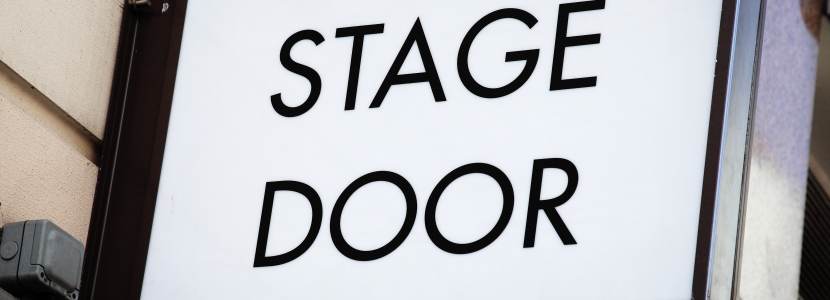
The following article first appeared in City AM.
Tomorrow, large parts of London’s economy will start to reopen.
Pubs and restaurants will fling wide their doors, hotels will begin to welcome guests, and museums and art galleries will once more be open for business.
But not all of London will be switching back into gear. Live performances are still banned, placing immense pressure on the capital’s cultural offering.
Our theatres are in a perilous situation thanks to Covid-19.
Take the world-renowned Royal Opera House. Typically it brings more than 100 people on stage, performing to an audience of 2,000 people. It needs 95 per cent occupancy just to break even. As things stand, the management has warned that it is at risk of running out of reserves within months.
Then there’s the Royal Albert Hall, a charity without government funding that relies 100 per cent on people coming in and buying tickets. It has lost £12m in income since Covid hit, and it too is at risk of folding in a matter of months if it can’t bring the people in.
Hundreds if not thousands of other venues, large and small, face a similar predicament.
There is no prospect of our cultural establishments opening any time soon — indeed, shows are expected to remain closed for the rest of 2020, if not longer. And that’s only part of the challenge. The Society of London Theatre (SOLT) represents more than 50 major theatres with more than 15 million attendees every year. A third of these attendees are international visitors. Even if venues could open tomorrow, international tourism is estimated to be non-existent for at least the rest of the year.
If these theatres and venues do not survive, the entire West End ecosystem is at risk of collapse. Theatres bring in visitors who stay in hotels, drink in bars, eat at restaurants and go shopping. For every pound spent at the theatre, a further £5 is spent in the local economy.
So what’s to be done? I’ve been working with industry figures and we’ve come up with a plan to rescue our theatres — and thereby the areas that rely on them. I’ve taken this plan to the heart of government, and I am happy to say that ministers are listening.
First, we need to keep social distancing flexible and temporary, and look at overseas models such as South Korea, Australia and Las Vegas to see how we can bring mass people into buildings safely. Here in London, Andrew Lloyd Webber is trying out some of these solutions at the Palladium, such as thermal heat testing and hygienic door handles, and I’ve offered to be part of the experiment.
Second, we need a serious one-off financial injection into our theatres to keep them going. I would like the government to consider investing in the long-term health of venues and productions through purchasing arts bonds, with returns once venues are back up and running. Around £300m, per three months that venues are closed, will save the whole sector across the UK. That’s a modest amount compared to the hundreds of millions in bailouts being considered just for single companies.
Third, we need to recognise the huge contribution of our culture, arts, leisure and hospitality sectors, and put them at least on par with the likes of car and steel manufacturing in the UK. Our hospitality industry alone generates £40bn in tax for the exchequer, and we export phenomenal amounts. These sectors play a vital part both economically and culturally. They should not be underestimated.
Finally, we need an aspirational timetable to bringing big live events back, so theatres, hotels and restaurants can plan and forecast for Christmas — one of the busiest times of the year.
London is world-renowned for our arts, theatre and culture — and these things will be vital in helping us feel better as we recover from this difficult time. For the sake of our economy, our society, our health, and our international standing, we must save these industries.




